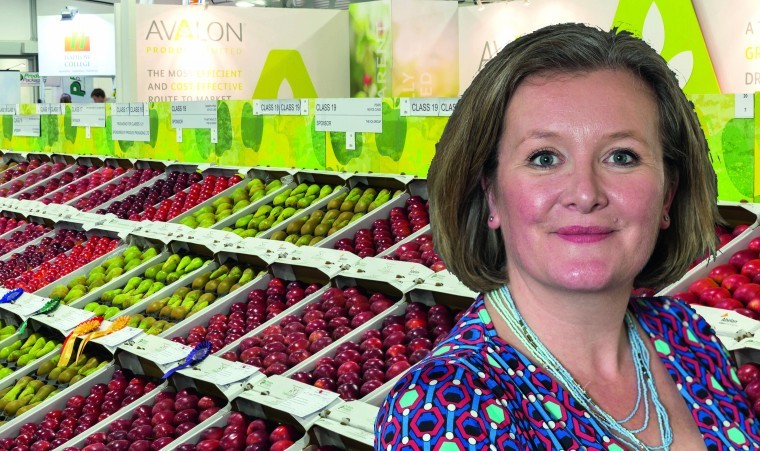With the day looming ever closer, some of the stark realities of our potential situation, come January, are becoming clear. As I write I’m listening to a webinar asking for fair and sustainable pricing so that our industry has both economic and environmental sustainability going forward.
There has been some very sombre news from the food and grocery distribution trade,whose members are clear that Brexit food shortage fears will become a reality. In statements made to the trade press, following contingency planning exercises, it is feared that the worst-case scenario Brexit will become reality from January, with 40% of the food trade grinding to a halt.
Government officials and food industry representatives met late in November to discuss the issue, with Dan McCartney, DEFRA’s head of food security and resilience, telling industry figures to expect 40% flow rates. The group also discussed the medium term risk to UK border flows. The discussions left industry representatives in no doubt that the worst case predictions of 40% to 70% of trucks travelling to the EU not being ready for new border controls, resulting in queues of up to 7,000 trucks on motorways across Kent (well for sure the M20…) will become a reality.
Since the EU supplies the UK with 26% of its total food and around 70% to 80% of its fresh fruit and vegetables, the disruption could leave a significant shortfall in the nation’s food supplies. According to DEFRA figures, around 70% of tomatoes, 99% of spinach, 71% of cucumbers and 74% of pears come from Europe. Please don’t think this is me taking a pop at any ministry; the challenges will be from the other side of the channel too.
While I don’t doubt it’s going to be rocky in places, are we not being presented with the greatest single opportunity to showcase how brilliant home grown food is? Do we not have the greatest opportunity to seize our home market, and demonstrate what a robust supply chain we have and how our consumers can have the best diet produced only a short distance away?
In the same way that society has had a reset in many habits (the return to daily exercise, the enjoyment of the British countryside, learning how to cook from scratch, to evaluate what is important in life amongst many others) is this not an opportunity to have a diet reset too? Seasonal availability, the benefits of a beneficial circular economy where a larger proportion of the £ spent stays here. Now I’m not that daft to have forgotten that we aren’t self-sufficient, nor that the benefits system does not allow for a healthy diet packed with fresh produce, but this is going to be an opportunity that we cannot afford to miss. We will be needed and we will be able to rise to the challenge.
I do have cheerful news though, if I’m allowed to be a little insular? At the National Fruit Show we have a new team, a new structure, a new resolve, new trustees and a plan to take us to our centenary. After two very happy years, Catherine is moving to a great new full time role with Bardsley England, Norma Tompsett is now in charge of the competitions, Liz Knight the accounts under our very able new Treasurer Chris Morris, Laura Larkin is joining us as exhibition manager, Edward Newling has been co-opted as a trustee for the East Midlands, Jonathan Blackman as trustee for the West Midlands and Claire Seymour is also joining the trustee board on behalf of sponsors and exhibitors.
2021 is the UN year of fruit and vegetables. Let’s make it our year of moving forward, supporting a healthy national diet.




